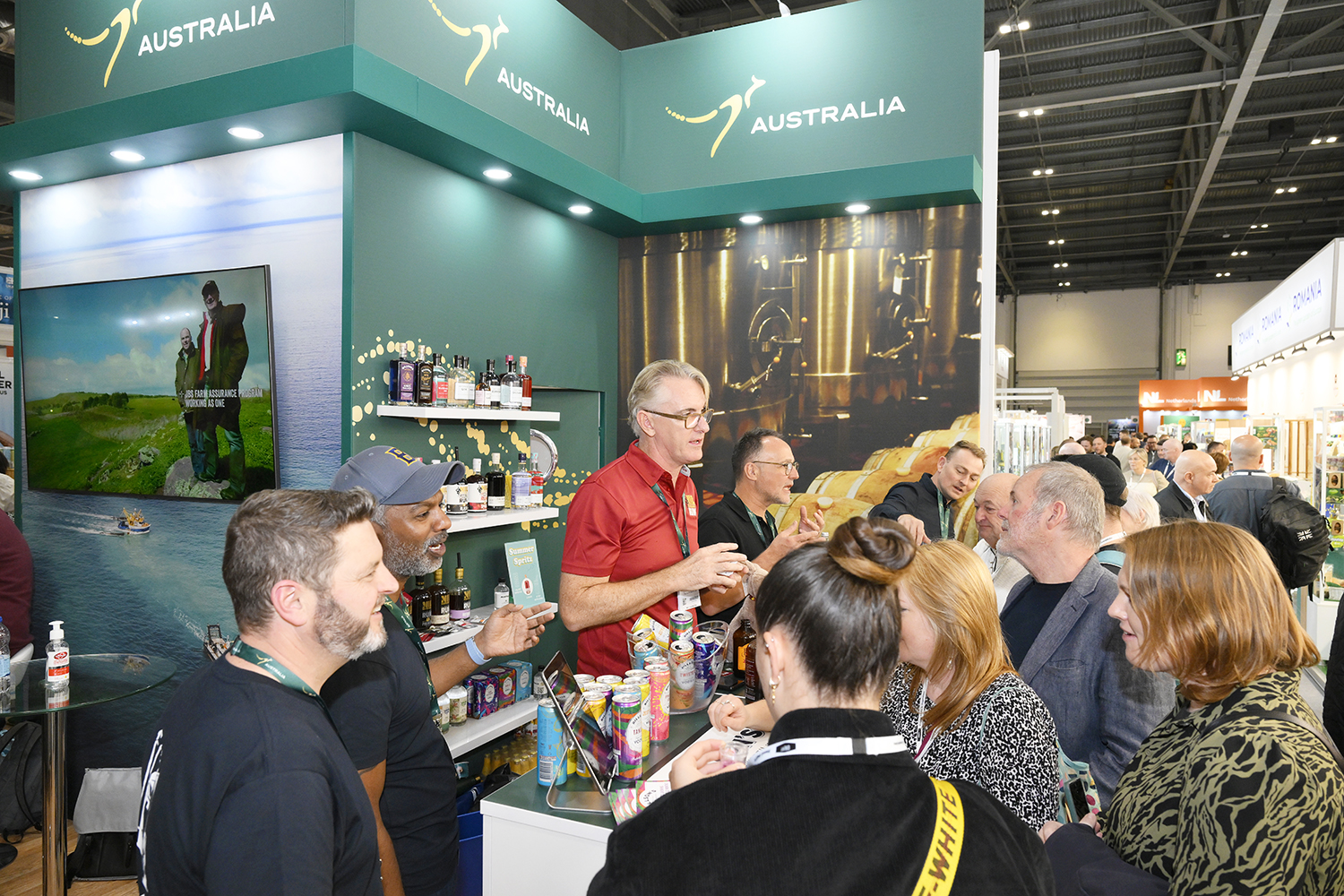Revenue grows at Lay & Wheeler
By Arabella MilehamRevenues at fine wine merchant Lay & Wheeler grew nearly 10% to £27.075 million in the year to March 2022, although falling en primeur yields and upfront costs involved in moving to its own warehouse hit profits this year.

According to accounts filed at Companies House, revenue grew 9.9% to £27.075 million (adjusted revenue to include en primeur sales and costs) in the year to 28 March 2022, although adjusted operating profits fell to £148k from £1.138 million.
In the directors’ statement, company director David Isherwood said this was in line with expectations as the business was pushing ahead with its five-year operations investment plan “to further enhance our relationship with producers, customers and team to deliver long-term growth and success”.
Although disruption and uncertainties from Brexit and Covid were still being felt, he said, cash flow from operations rose from £1.8m in 2021 to £2million in 2022 – an increase of around 11% – which it said provided a strong balance sheet that would support further investment.
Looking forward, the tougher trading environment in the first half of 2023 notably the cost-of-living impacting consumer spending, a downturn in en primeur yields and demand for in year vintages had resulted in revenue growth behind budget, “but ahead of the prior year”, the accounts noted.
There was also an acceleration of the operating expenses investment (costs that a company incurs for running its day-to-day operations) as a result of de-risking the launch of the new warehouse. “The main driver for decreased profitability related to the migration of storage and distribution from third party logistics to in-house, with the business carrying significant on-boarding costs for an extended period of time,” it explained.
Partner Content
It was, however working to ensure profitability in accordance with its long-term plan and noted signs of recovery in the second half of 2023.
“The management team is optimistic that the growth plan will ultimately be recovered with rolling 12-month revues to £28m, up from £27m in FY22 and confident EBIT will be delivered to budget,” it said.
Last year the company warned of “challenging conditions ahead” due to its dependence on Burgundy and Bordeaux en primeur.
The company has seen a turnaround in the last five years, following a major overhaul of the business that started prior to it being sold by Naked Wines (formerly Majestic Wine Plc) to Coterie Limited (a privately held family office that is domiciled in the Cayman Islands and reportedly owned by American businessman David Stern) for £11.3 million in October 2019.
The five years before Coterie acquired the company were marked by fluctuations in turnover, but the fine wine company reported a 10% rise in revenue in the year to April 2019, shortly before its sale, and has since seen turnover risen from 15.921 million in the 12 months to 1 April 2019 to £23.439 (reported) in 2022, or £27.075 million (adjusted).
Related news
The winemaking nations hit hardest by Trump tariffs
Hospices de Nuits-Saint-Georges auction: bucking the trend
‘Liberation Day’ or liquor lockdown? Trump’s tariffs rattle the wine & spirits world




